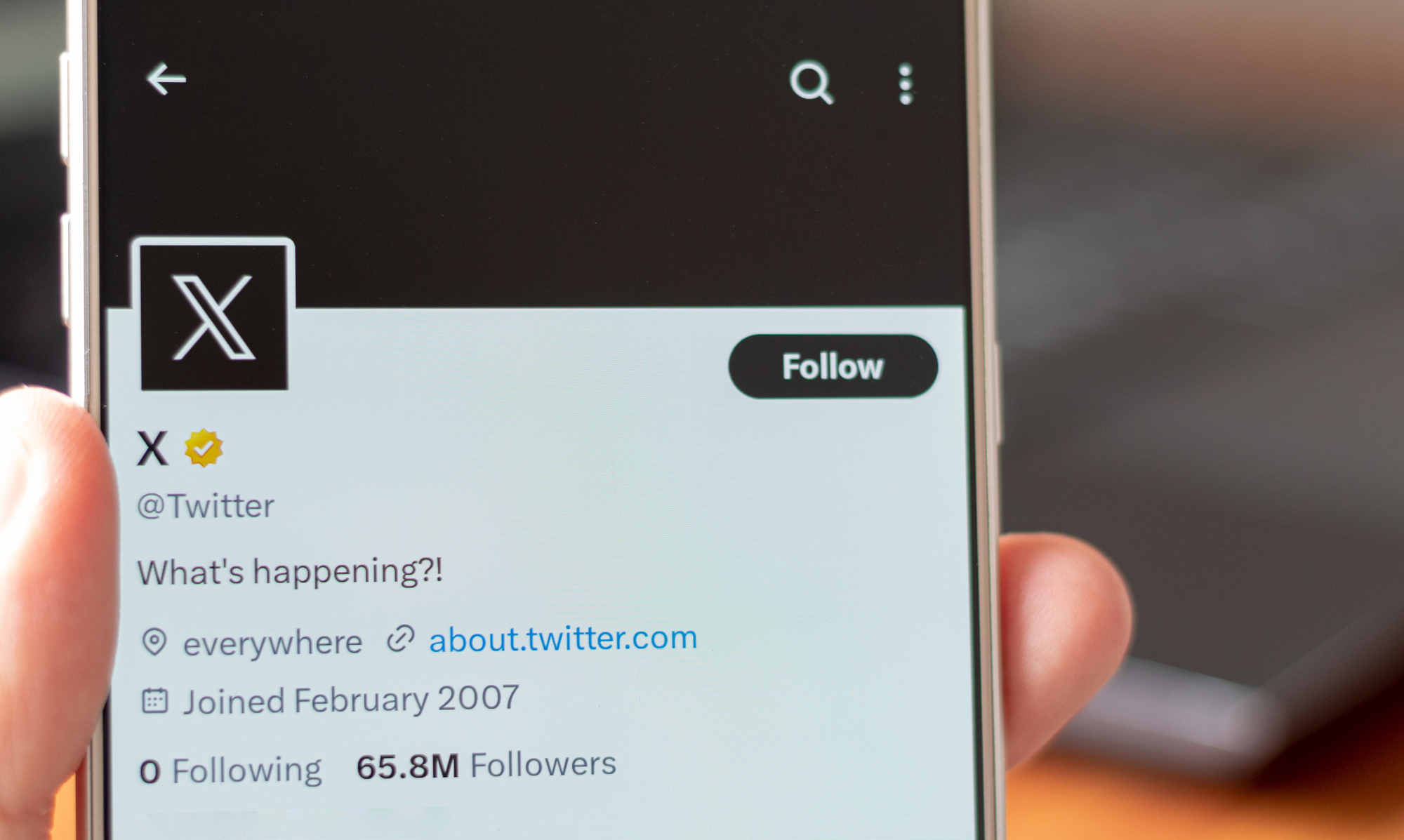Foreign ”troll army“ skewed election campaign towards far right

Hundreds of foreign troll accounts were used during last month’s Dutch election campaign to amplify messages by politicians, research by RTL Nieuws has found.
The accounts retweeted posts on X, formerly known as Twitter, by political leaders and prominent commentators, giving them greater reach on the social media platform.
The fake accounts almost exclusively amplified far-right parties such as Forum voor Democratie or Geert Wilders’s PVV, or promoted tweets that expressed hardline views on issues like immigration.
Jesse Klaver, leader of the left-wing alliance GroenLinks-PvdA, said the use of fake accounts was a “threat to democracy and we need to take action against it”.
“It’s outright interference from outside, from abroad, in our own democratic process. It’s simply unacceptable,” he told RTL.
D66 leader Rob Jetten, whose party is in talks to form the next coalition government, said: “Foreign powers are trying to influence our elections and the public debate. We need to tackle it much harder.”
West African operation
More than half the 550 accounts identified by RTL were traced to African countries such as Nigeria, Ghana and Cote d’Ivoire. Others were based in the United States or Germany, although analysts said they may have used VPN software to hide their real location.
They used names of Dutch celebrities such as speed skater Jutta Leerdam, or unusual Dutch names such as Anock Van Dinik – the name “Anock” is unknown in the Netherlands and “Van” is rarely written with a capital letter as part of the full name.
Security experts said the accounts appeared to be part of a Russian-backed disinformation campaign. Jelle Postma, a director of Justice for Prosperity which investigates anti-democratic practices, said: “Russia runs these kinds of operations out of west Africa.”
Luuk Ex, of the Rathenau Institute, which was commissioned by parliament to investigate how social media sites use technology to promote candidates, said the mass retweeting of selected views distorted the public debate.
“X was already unrepresentative of what people in the Netherlands think, but these accounts try to make extreme right and anti-institutional views appear more popular than they really are,” he told RTL.
Forum voor Democratie
The troll accounts became more active in the run-up to election day, urging voters to support right-wing parties such as Forum voor Democratie, who performed above expectations, winning seven seats.
The more moderate right-wing parties, VVD and CDA, received just one retweet each throughout the campaign.
Lidewij de Vos, leader of FVD, denied that the accounts had had a significant influence on the election outcome. “Half a million people voted for us, so there is no way that 500 accounts can have had a decisive influence,” she said.
In contrast to GL-PvdA and D66, De Vos called for social media to be less regulated by government. “Foreign influence might be undesirable, but in our view restricting the freedom of the internet is far worse,” she said.
Thank you for donating to DutchNews.nl.
We could not provide the Dutch News service, and keep it free of charge, without the generous support of our readers. Your donations allow us to report on issues you tell us matter, and provide you with a summary of the most important Dutch news each day.
Make a donation